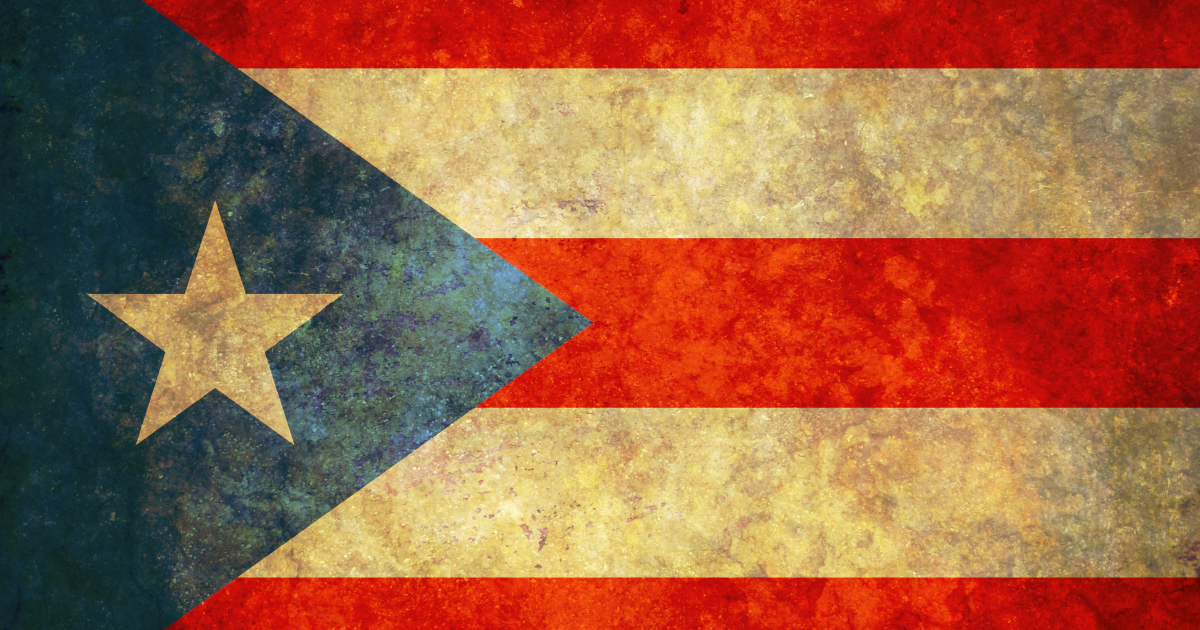Court rejects credit unions’ appeal on Puerto Rico bonds
3 min read
The U.S. Court of Appeals for the First Circuit rejected Puerto Rico credit unions’ appeal of the restructuring of their bonds found in the Puerto Rico plan of adjustment.
The credit unions had appealed rulings by Puerto Rico Bankruptcy Judge Laura Taylor Swain on an adversary complaint and on their treatment by the plan of adjustment. Swain made her rulings in December 2021 and January 2022 in the U.S. District Court for Puerto Rico.
First Circuit Senior Judge O. Rogeriee Thompson, writing for a panel of First Circuit judges, rejected the credit unions’ legal arguments against their treatment in the plan of adjustment, saying the court had earlier in the day rejected the same arguments in the appealed adversary proceeding.
The credit unions had filed their adversary proceeding in Puerto Rico’s central government bankruptcy in 2017.
In general, the credit unions have been arguing that the Puerto Rico government regulator of their industry, COSSEC, had used deception and coercion to get them to buy Puerto Rico government bonds.
Thompson said the credit unions had provided inadequate evidence to support their fraud argument, negligence claims were time barred, and they had provided inadequate support for their takings claim under the Takings Clause of the U.S. Bill of Rights.
On the credit unions’ claim that there was fraud, “we believe that the plaintiffs stumble at plausibly pleading even the first element of fraud — false representations by the defendants,” Thompson said. She said the credit unions complaint “does not come close to providing the required level of particularity” of evidence.
The credit unions said the bond issuers and COSSEC knew the bonds they were pressuring the credit unions to purchase were worthless. Thompson said the judges found this argument “too broad and speculative.”
Thompson said her court agreed with Swain that the credit unions were aware of their potential claims for damages by December 2015 because at that point they were proposing legislation to promote stability to the financial system.
Puerto Rico law allows a one-year period from when the plaintiff becomes aware that negligence has occurred for it to appeal the claim. The credit unions said the statute of limitation should be equitably tolled because they were trying to pursue their rights by other means and the extraordinary circumstance of Hurricane Maria got in the way of a filing.
Thompson rejects this argument, saying that the one-year statute of limitation had elapsed by the time Maria hit the island, in September 2017.
Finally, regarding the takings claim, Thompson agreed with the lower court’s argument that the credit unions were not “required to purchase the bonds.” She pointed out the “permissive language” in the COSSEC letters on the topic. She noted that almost a quarter of the credit unions did not purchase the bonds.
The credit unions had purchased nearly $1 billion of bonds and notes from the central government, Government Development Bank for Puerto Rico, Highways and Transportation Authority, Employees Retirement System, Puerto Rico Electric Power Authority, Public Building Authority and Puerto Rico Sales Tax Financing Corp. (COFINA).
At this point, the credit unions could seek to have all the First Circuit’s judges consider their two cases, have the U.S. Supreme Court review the First Circuit’s decision, or could leave things as they are. A lawyer for the credit unions did not immediately respond to an inquiry.







